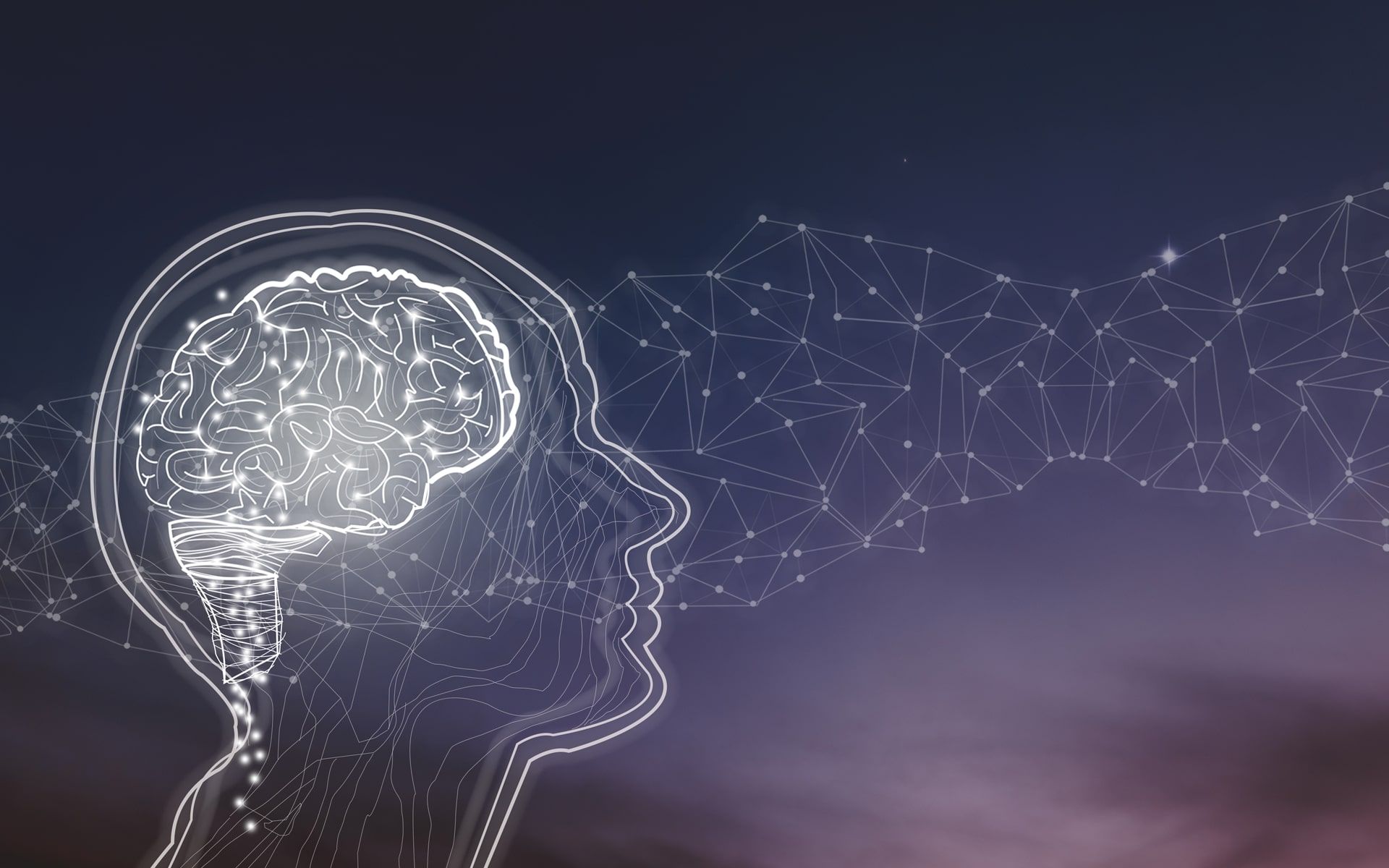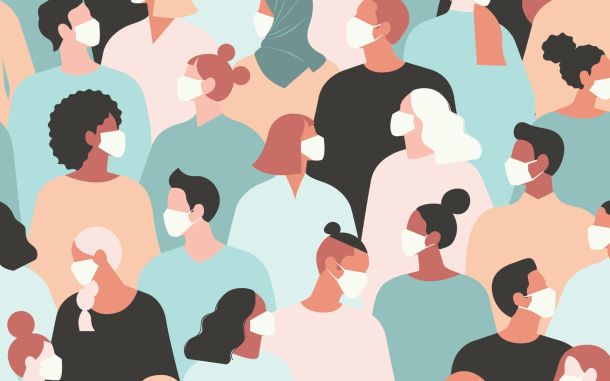Science Square (Issue 139)
- The default network of the human brain is associated with perceived social isolation.
- Human-made mass is about to exceed total global living biomass
- Drug repurposing by artificial intelligence

In This Article
-
The default network of the human brain is associated with perceived social isolation.
-
Human-made mass is about to exceed total global living biomass.
-
Drug repurposing by artificial intelligence
How does loneliness affect your brain?
Spreng et al. The default network of the human brain is associated with perceived social isolation. Nature Communications. December 2020.
A recent study found fundamental structural and functional differences in the brains of lonely people. Researchers examined the magnetic resonance imaging (MRI) data, genetics, and psychological self-assessments of over 40,000 middle-aged and older adults in the UK Biobank medical database. They then compared the MRI data of participants who reported often feeling lonely with those who did not. There were several major differences in the brains of lonely people which were primarily found in what is called the “default brain network,” a group of brain regions that are involved in inner thoughts such as remembering, future planning, imagining, and thinking about others. Detailed analyses of these regions showed that surprisingly, the default networks of lonely people were more strongly wired together and their grey matter volume in regions of the default network was greater. Moreover, bundles of nerve fibers called fornix that connects the hippocampus to the default network were better preserved in the brains of lonely people. These findings suggest that since lonely people are more likely to use imagination, memories of the past, or envisioning the future to overcome their social isolation they strengthen memory-based functions of their default networks through internally-directed thoughts and imagining social experiences. Loneliness has been increasingly turned into a major health problem, as other studies showed that older people who experience loneliness have a higher risk of cognitive decline and dementia. As COVID-19 related social distancing continues, isolation and loneliness could affect our society even more dramatically. Understanding how loneliness manifests itself in the brain at the structural and functional level, and how these paradoxical findings translate into late-onset brain pathologies, would be critical to prevent both neurological diseases and related social problems.
Human-made mass is about to exceed total global living biomass
Elhacham et al. Global human-made mass exceeds all living biomass. Nature. December 2020.
Humanity is rapidly approaching a new milestone in the history of our planet. The amount of manmade objects on Earth will soon outweigh all living biomass. A new study finds that each person alive today produces approximately the amount of manmade mass equivalent to their bodyweight every week. Our daily life objects such as roads, houses, cars, and clothes now weigh in at around 1.1 trillion metric tons, which is equal to the combined dry weight of all plants, animals and microorganisms on the planet. The production and accumulation of manmade objects, also known as anthropogenic mass, has accelerated since the early 1900s. The world’s plastics alone now weigh twice as much as the planet’s marine and terrestrial animals.
About 50% of the current anthropogenic mass is concrete. Bricks, asphalt, metals, plastic, and other materials make up about 19% of the total. Three major problems will arise from the outproduction of antropogenic mass. First, manufacturing consumes resources which will not be available for future generations unless objects are recycled or new raw materials are discovered. Second, even if we can achieve 100% recycling, pollution is generated and energy is used during manufacturing, so resources are still consumed. Third, many of the manufactured items will eventually be discarded which will cause serious disposal issues in the future. This is particularly alarming for the future. Nature is not infinite like so many of us would like to believe. If the current trend continues, anthropogenic mass will grow to three times the world’s biomass by 2040. In the next 20 years, we will generate as much waste as from the last 110 years together. These huge waste flows could lead to massive environmental catastrophes. This study demonstrates the brutal scale and impact of human activities on our planet. Humans are modifying the planet to such an extent that we might have already started a new geologic epoch likely called the Anthropocene.
Drug repurposing by artificial intelligence
Liu et al. A deep learning framework for drug repurposing via emulating clinical trials on real-world patient data, Nature Machine Intelligence. January 2021.
Researchers have developed a machine-learning method that analyzes very large datasets to discover which existing medications could work for diseases for which they were not prescribed. This process is called “drug repurposing,” a popular strategy to find new purposes for existing drugs that offers a rapid transition from research to clinical care. Drug repurposing can lower the risk associated with safety testing of new medications and dramatically reduce the time and money required to get a drug into the marketplace for clinical use. However, discovering new uses for existing medications still requires time-consuming and expensive randomized controlled trials to prove that a drug that is effective for one disorder will also be useful to treat another disorder. To overcome this challenge, a team designed a computational framework that works in two steps. First, it searches enormous patient care-related datasets with high-powered computation to arrive at repurposed drug candidates for a given disease. Second, it calculates and estimates effects of those existing medications on a defined set of clinical outcomes. As a proof-of-principle, researchers decided to focus on repurposing of drugs to prevent heart failure and strokes in patients with coronary artery disease. The edge of the machine learning approach is that it can analyze and compare thousands of human differences within a large population that could influence how a drug will work in the body. These confounding factors such as age, gender, race, and disease severity function as parameters in the deep learning computer algorithm on which the framework is based. This information is streamed from “real-world evidence,” which consists of longitudinal observational data about millions of patients captured by various sorts of electronic medical records. The team used insurance data for more than 1.2 million heart-disease patients. The algorithm analyzed each patient's drug prescriptions and diagnostic tests for every visit and models input for drugs based on their active ingredients. The model yielded a total of 9 drugs with potential therapeutic benefits, three of which are currently in use and six new candidates for drug repurposing. Interestingly, two diabetes medications, metformin and escitalopram, have been found to lower the risk of heart failure and stroke in the model patient population. This study shows how artificial intelligence can speed up hypothesis generation and clinical trial processes. While this study focused on heart failure and stroke, the framework is flexible and could be applied to most complex diseases.









